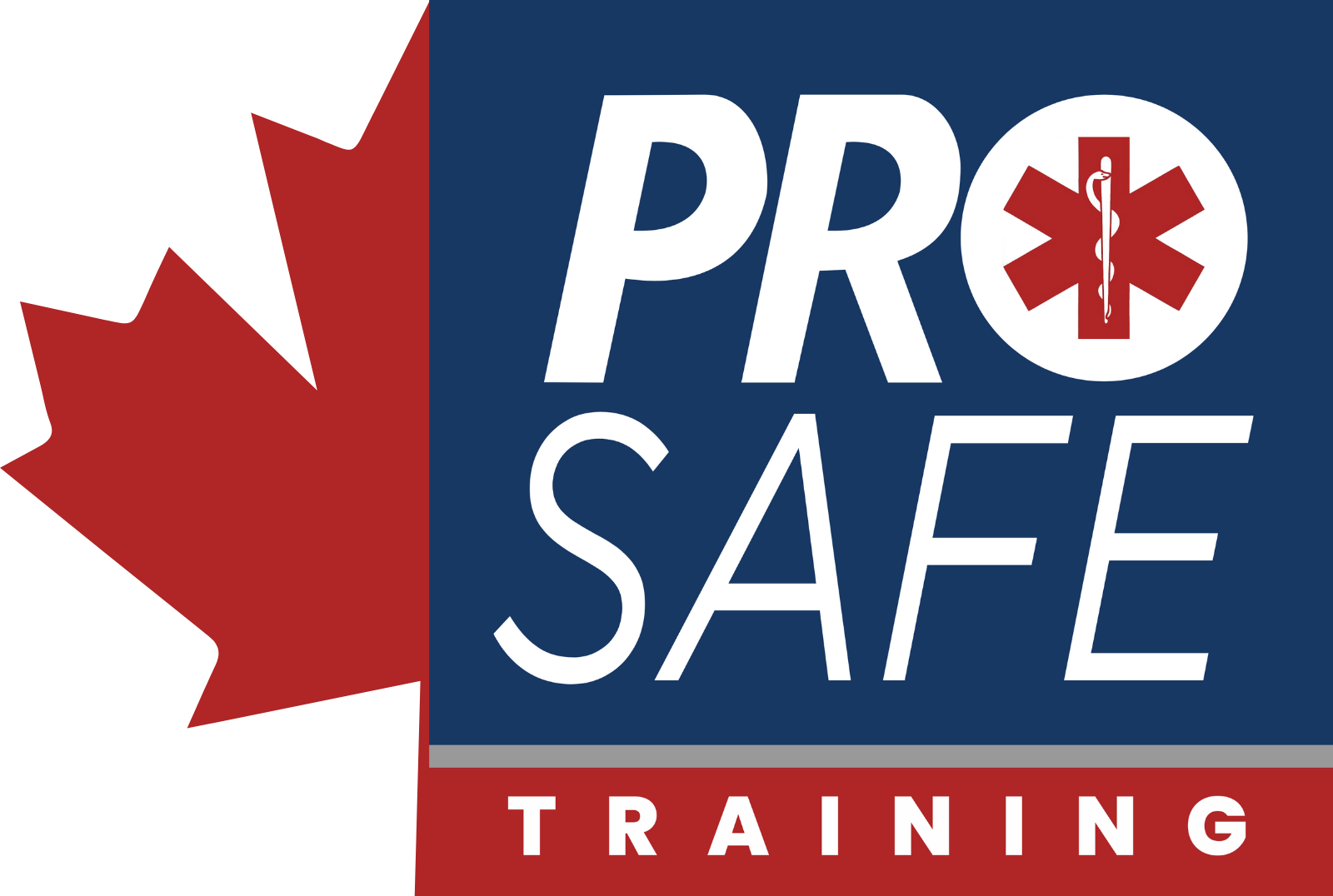Heart & Stroke Awareness Month is June – the Most Ancient Pandemic Of All (& How You Can Prevent)

Pandemics have a tendency to change how, and where, society directs its focus. As an example, one would be hard-pressed to find a point in modern history where our collective attention has been as focused on the medical field as it is today.
With Covid-19 sweeping the minds and newsfeeds of countless of millions of people across the globe, it can be too easy to put aside thoughts of a slow-burning pandemic that has affected humanity since the dawn of time – heart disease and strokes. While statistics tied to Coronavirus continue to be elusive, there exist truly sobering numbers that indicate just how severe of an impact heart disease and strokes has on society.
Using statistics drawn from the end of 2019, it is estimated that at least 1.6 million Canadians live with either heart disease or post-stroke trauma. That is nearly one in twenty-five people. Despite the tendency of these individuals to be over the age of 65, the young are increasingly being exposed to factors that can prematurely instigate these conditions.
As a dedicated provider of First Aid courses for over twenty years, the ProSafe First Aid team is committed towards educating our readers with information that will ensure the upkeep of their long-term health. Since our inception, we have supported our allies at the Heart & Stroke Foundation, and strive to ensure that their messages of prevention and treatment are as spread as widely as possible. With these stakeholders in mind, we have compiled a list of five practices that you can follow in order to reduce your risk of these maladies.
- Diet Is Everything: Eating healthy food on a regular basis is an important staple of medical culture, and has been proven to alleviate a wide range of diseases. If you are over 65, and therefore deemed as ‘at risk’, or simply want to promote longevity from the onset, start off by conforming to a dietary plan that limits processed or refined food as well as significant amounts of sugar. Your kitchen should bear an assortment of vegetables, fruits, legumes, nuts, fish, and lean animal proteins. If you don’t already, start reading nutrition labels and try to avoid anything with exorbitant amounts of sodium, saturated fats, or sugar. These small changes can be life-altering in the long run.
- Drinking and Smoking: Few substances cause as much damage to your cardiovascular system as alcohol and tobacco. Should you battle with dependence issues, it is essential that you seek some form of treatment, whether in the form of nicotine substitutes, or group therapy. If you choose to dabble in these substances, it is best to do so in moderation.
- Keep Moving: Those who omit exercise from their regular routine are exponentially more likely to be impacted by heart disease or strokes. While hiking and hitting the gym isn’t necessarily for everyone, there are still many ways that exercise can be incorporated into one’s lifestyle. Rather than driving, consider walking to the grocery store. Take the stairs instead of the elevator. Dance to you favorite song. The possibilities are endless.
- Know Yourself: Understanding the risk factors that tie to your lifestyle and physiology is an important, and sometimes underrated, preventative measure. When contemplating the possibility that you could acquire these conditions, start by looking at your family history. If close relatives have experienced heart disease or strokes in the past, you should practice extra caution. Even seemingly unaffiliated conditions, such as diabetes, can lead to cardiovascular complications, so be extra cognizant of what you have the possibility of inheriting – one thing can escalate to the other, with serious consequences.
- Take Action: Movies and television have spun a cultural image of heart attacks as dramatic, sudden events; ones where the victim is suddenly and inadvertently overcome with agony, clutching their chest and convulsing. In reality, there exists a spectrum of potential indications of heart disease, heart attacks, and strokes. The symptoms can range from irregular heart rhythms, a sore jaw or shoulder, shortness of breath, and even nausea. If you experience any of these issues, it is important to take action, rather than sit back and hope that they go away. There are many documented cases of patients suffering from heart arrhythmia for days, and even weeks, before seeking medical attention, a mistake that ultimately cost them.

June is the official month for Heart and Stroke Awareness, the fight against these maladies will never truly be over. ProSafe First Aid is committed towards the health and safety of all, and hope that the aforementioned points are taken to heart, both literally and figuratively. We offer a variety of courses, from Occupational First Aid, to Foodsafe, that are designed to protect our community at large. If you have any questions or concerns regarding how you can keep safe, or want to learn how you can contribute towards combating these diseases, then don’t hesitate to reach out to us, or our colleagues at the Heart & Stroke Foundation.
The ProSafe Team
